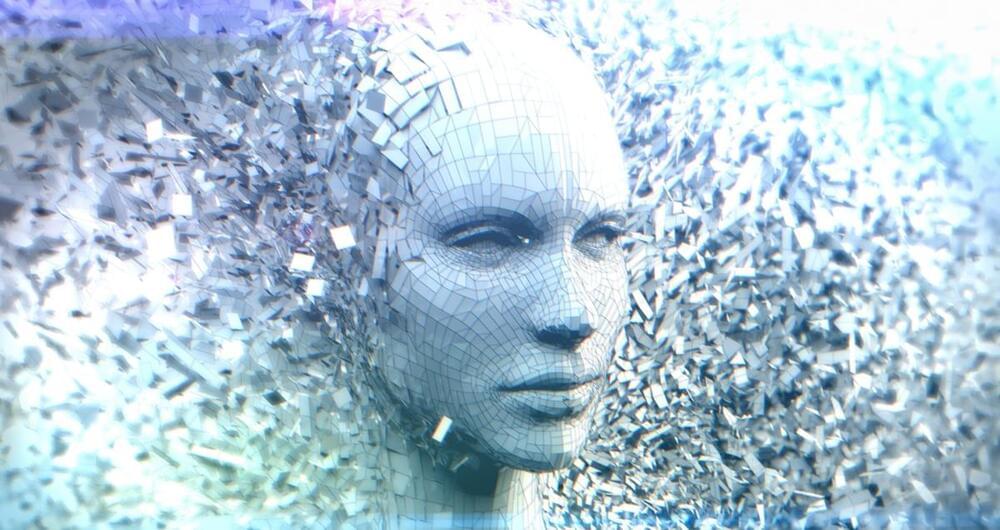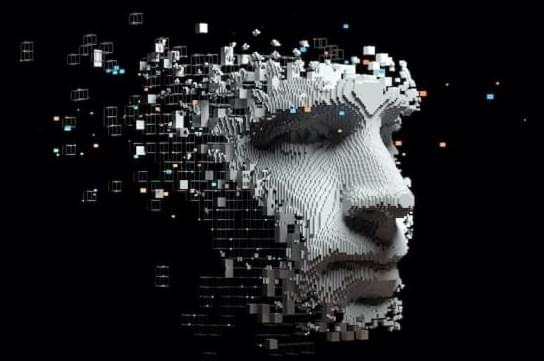Scientists successfully proved reverse aging techniques in mice by employing proteins that can turn an adult cell into a stem cell. There’s hope for you yet.
Get the latest international news and world events from around the world.

Elon Musk Says Tesla’s Total Headcount Will Rise Despite Cuts
Chief Executive Officer Elon Musk said Tesla Inc.’s total headcount will increase, a day after telling employees he plans to reduce salaried staff by 10%.
The number of salaried employees will be “fairly flat” even as overall headcount rises, the billionaire said in a tweet Saturday. Musk had previously told staff that the job cuts won’t apply to those who build cars or battery packs, according to people who received an internal memo Friday.

Is DeepMind’s Gato the world’s first AGI?
Artificial general intelligence (AGI) is back in the news thanks to the recent introduction of Gato from DeepMind. As much as anything, AGI invokes images of the Skynet (of Terminator lore) that was originally designed as threat analysis software for the military, but it quickly came to see humanity as the enemy. While fictional, this should give us pause, especially as militaries around the world are pursuing AI-based weapons.
However, Gato does not appear to raise any of these concerns. The deep learning transformer model is described as a “generalist agent” and purports to perform 604 distinct and mostly mundane tasks with varying modalities, observations and action specifications. It has been referred to as the Swiss Army Knife of AI models. It is clearly much more general than other AI systems developed thus far and in that regard appears to be a step towards AGI.
Multimodal systems are not new — as evidenced by GPT-3 and others. What is arguably new is the intent. By design, GPT-3 was intended to be a large language model for text generation. That it could also produce images from captions, generate programming code and other functions were add-on benefits that emerged after the fact and often to the surprise of AI experts.


AI Expert Says Soon People Will Raise “Virtual Children” That Cost Less, Are Less Messy
Catriona Campbell, a UK-based artificial intelligence expert, argues we could soon be raising artificially intelligence virtual children inside the metaverse.
She dubs these hypothetical offspring “Tamagotchi children,” in a reference to the popular virtual pets from the 1990s.
In her new book “AI by Design: A Plan For Living With Artificial Intelligence,” The Telegraph reports, Campbell argues that these virtual kiddos could be an environmentally friendly and cheaper answer to overpopulation and limited resources.




Homebrew project adds continuous glucose monitoring to the Apple Watch
An Apple Watch owner has created a complication and watchOS app that works with a glucose monitor, so they can keep track of their blood glucose level from their wrist.
Numerous rumors have claimed Apple is actively working on some form of glucose monitoring sensor for the Apple Watch, but has so far yet to add it to the wearable device. In the case of one Apple Watch owner, they managed to hack together their own solution.
The project, outlined by Harley Turan, effectively takes the data from a continuous glucose monitoring system and imports and interprets it in a way that it can be viewed on an Apple Watch. In doing so, the project creates a reasonably low-cost solution for the problem.